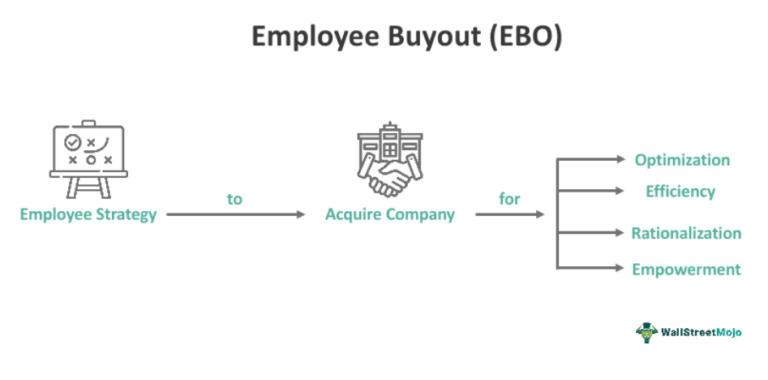
Audience
- Sentiment: Negative
- Political Group: Critics of Milei
- Age Group: Young adults
- Gender: Both male and female
Overview
- President Milei faces legal complaints for promoting a new cryptocurrency, $LIBRA, that saw its value plummet after his endorsement.
- Legal and public backlash highlights distrust in public figures and the complexities of investing in cryptocurrencies.
- The incident raises questions about the accountability of politicians in promoting financial products and could lead to new regulations in Argentina’s crypto market.
Title: Argentine Lawyers File Fraud Complaints Against President Milei Over Cryptocurrency Incident
In recent weeks, the world of cryptocurrency has hit the headlines once again, but this time the focus is on Argentina. President Javier Milei, who is known for his fiery speeches and unconventional ideas, has found himself at the center of a storm after a post he made about a new cryptocurrency named $LIBRA. This situation has stirred up significant controversy and has led to a serious legal challenge that could have major implications not just for Milei but also for the entire cryptocurrency market in Argentina.
What Happened?
On a seemingly ordinary Friday, President Milei took to social media to promote $LIBRA, a cryptocurrency that nobody had really heard of before. In his post, Milei excitedly mentioned the potential of this currency, encouraging his followers to invest in it. What was a simple social media promotion quickly spiraled out of control when many people rushed to invest, only to see the value of $LIBRA plunge shortly after.
Within hours, Milei deleted the post amid rising concerns and accusations from various quarters. Many investors were left baffled and disappointed as they watched the value of the cryptocurrency drop dramatically, leading them to file complaints against the president.
The legal complaints sent shockwaves through Argentina. Lawyers claimed that Milei’s actions indicated a “rug pull” operation. Now, you might be wondering, “What is a rug pull?” Well, imagine a situation where someone convinces you to put your money into something that looks great and promising, only for them to disappear with your cash the moment you invest. This is essentially what people fear happened with $LIBRA.
The complaints are serious, and they don’t just affect President Milei alone. They might also reflect negatively on the broader image of cryptocurrencies in Argentina, which is already a complicated and often misunderstood space.
The President’s Defense
The president’s office took a defensive stance, claiming that Milei was unaware of the actual developments associated with $LIBRA. According to them, his intention was never to mislead anyone but simply to share the potential he saw in this new cryptocurrency. They argued that Milei acted quickly by deleting the post once he saw the chaos it was causing, indicating that he was trying to prevent more people from losing money.
It’s interesting to think about how social media now plays such a massive role in our lives, especially for public figures. A single tweet or post can sway opinions, lead to investments, and quite literally change the financial landscape overnight. This complexity becomes even more magnified when figures like President Milei are involved, with people looking to them for guidance about what to invest in.
The Fallout
As you can imagine, the backlash has been intense. Not only have the legal ramifications begun to unfold, but the value of cryptocurrency as a whole is now under a magnifying glass of scrutiny. The Anti-Corruption Office in Argentina has launched an investigation into Milei’s actions, signaling that this issue will not simply fade away.
What does this mean for the people who invested in $LIBRA? Well, many of them are facing significant financial losses, which can cause distress and lead to serious questions about trust in public figures and their endorsements. When you consider how many people are getting into cryptocurrency these days—especially younger individuals looking to make savvy investments—it raises concerns about whether they can really trust what they hear from public leaders.
Why This Matters
This situation is not just about one messy incident. It highlights the ongoing struggle of understanding cryptocurrency, especially for those who are new to it. Many young investors are looking at cryptocurrencies as a way to increase their wealth or save for important life milestones, like college or starting a business. Yet, the volatility and unpredictability of these currencies can make it feel more like gambling than investing.
Furthermore, the fallout from this incident emphasizes the importance of having reliable information and trustworthy leaders when it comes to finances. When someone like the president promotes a cryptocurrency, it can create a false sense of security that may not reflect the reality of the market. People need to be able to differentiate between genuine opportunities and possible scams, which is not always easy—especially in such a fast-moving environment like cryptocurrencies.
The Bigger Picture
This event also raises important questions about the intersection of politics and finance. Should politicians be able to promote investments? And if they do, how can we hold them accountable if things go wrong? In many places around the world, there is an argument that politicians should steer clear of promoting financial products, whether it be stocks, bonds, or cryptocurrencies, because it can blur the line between public interest and personal gain.
Moreover, this case has the potential to contribute to new regulations surrounding cryptocurrency promotions. Given the lack of oversight in crypto markets, stronger guidelines may emerge to protect investors. For example, regulations could require that anyone promoting a financial product disclose their relationship with it or be held accountable for the claims they make.
The Future of $LIBRA and Cryptocurrencies in Argentina
It’s tough to predict what will happen next with $LIBRA and the overall cryptocurrency scene in Argentina. Some investors may choose to pull out entirely, while others might see this as just a bump in the road. As individuals navigate these challenging waters, understanding the risks and rewards of cryptocurrency will be more crucial than ever.
Will public perceptions shift? Will people continue to trust cryptocurrencies after this incident, or will skepticism spread?
For young investors, it’s a chance to learn a valuable lesson about conducting thorough research before investing in anything, particularly volatile items like cryptocurrency. So, as things unfold, staying informed and cautious could be the best course of action.
As this story continues to grow and develop, it leaves us with many questions. What do you think about politicians endorsing cryptocurrencies? Should they be held responsible for the consequences of their promotions? Share your thoughts in the comments below—I can’t wait to hear what you think!





